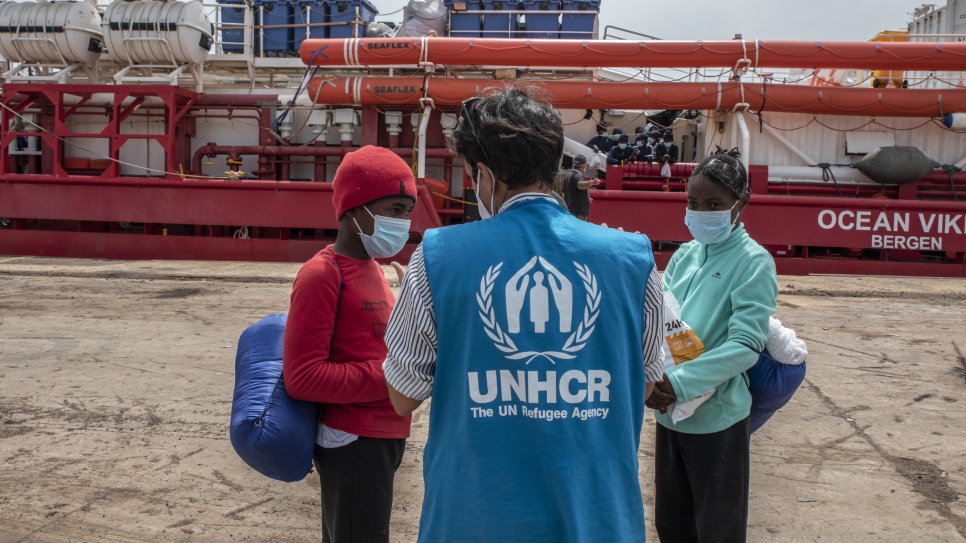The United Nations High Commissioner for Refugees (UNHCR) has revealed a grim statistic:at least 90 migrants perished or vanished without a trace while attempting to cross the Central Mediterranean Sea in June 2024. This translates to an average of three lives lost or unaccounted for every single day.
The UNHCR emphasizes that this figure is likely an underestimate. Their data is primarily gathered from personnel present during disembarkation operations on the Italian coast. The true number of casualties could be significantly higher, encompassing those who never reached the shores or whose disappearances went unreported.
A particularly tragic incident occurred during the second week of June. A Sea Watch NGO aircraft, codenamed Seabird, spotted the bodies of 12 individuals north of Tripoli. These remains were subsequently recovered by the Geo Barents and Ocean Viking, two NGO-operated vessels. The origin of the majority of the identified victims remains Bodrum, a Turkish port city.
The perilous journey across the Central Mediterranean is a well-documented tragedy. Migrants and refugees seeking sanctuary in Europe often resort to this route due to a lack of safe and legal alternatives. However, these clandestine voyages are undertaken on rickety, overcrowded boats with minimal supplies and scant regard for safety regulations. Distress calls are frequent, and rescue operations are often complex and fraught with danger.
UNHCR officials have called for increased international cooperation to address this ongoing humanitarian crisis. Their recommendations include establishing safe and legal pathways for asylum seekers and refugees, providing greater support for search and rescue operations in the Mediterranean, and dismantling the networks of smugglers who exploit vulnerable individuals.
The human cost of these clandestine voyages is a stark reminder of the desperation driving people to undertake such perilous journeys. The international community faces a critical challenge:to bridge the gap between the desire for a better life and the perilous realities of irregular migration across the Mediterranean.

